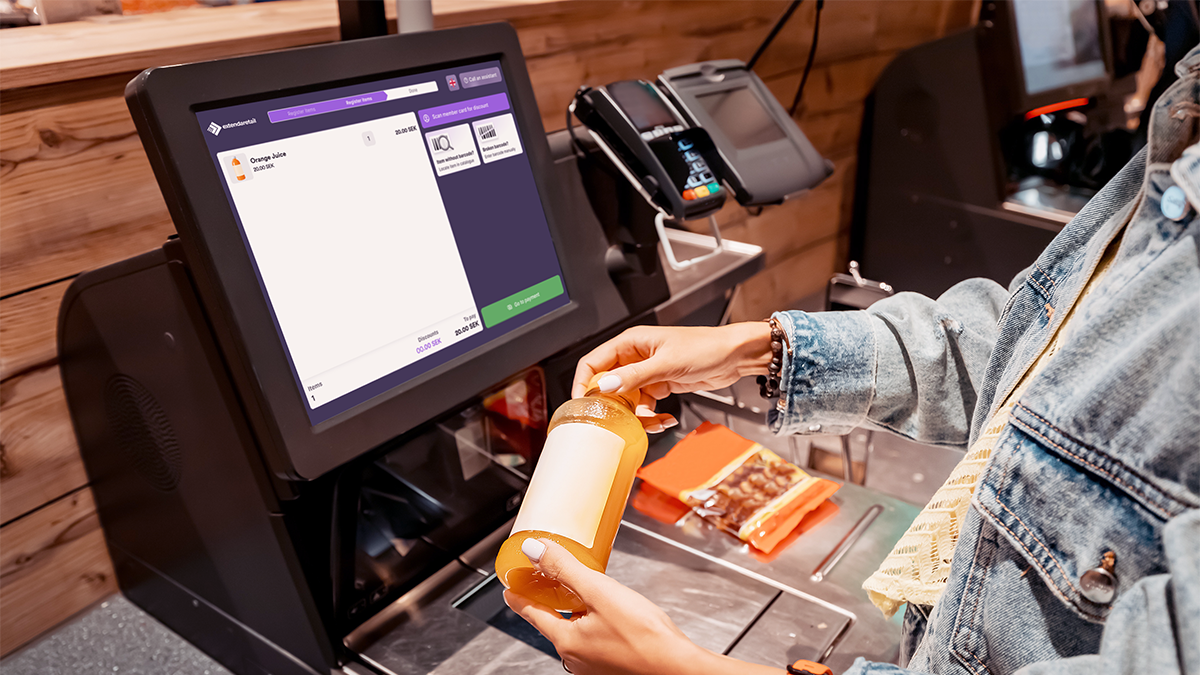The Impact of POS Data Analytics on Competitive Advantage

In today’s highly competitive market, businesses are constantly seeking new ways to gain an edge. While great products and excellent service remain important, smart businesses know that data is the new gold. One of the richest and most underutilized sources of this goldmine? Your Point of Sale (POS) system.
Modern POS systems do much more than process transactions—they gather, analyze, and present critical data that can be used to shape smarter business strategies. Let’s explore how POS data analytics can become a powerful tool for gaining a competitive advantage.
1. Understanding Customer Behavior in Real-Time
Every sale a business makes tells a story: what customers like, when they shop, how much they spend, and how often they return. POS data analytics captures all of this information in real-time, giving businesses a clear, updated picture of customer behavior.
By understanding customer preferences and shopping patterns, businesses can:
- Personalize marketing campaigns
- Create loyalty programs tailored to buying habits
- Adjust inventory based on real demand
- Identify high-value customers for special promotions
These insights help businesses make customer-centric decisions faster than competitors who are still relying on outdated assumptions.
2. Smarter Inventory Management
Having the right products at the right time is a critical factor in maintaining competitive advantage. Overstocking wastes resources; understocking disappoints customers. POS data analytics helps by offering detailed reports on inventory turnover, product popularity, and seasonal trends.
Armed with this information, businesses can:
- Forecast demand with greater accuracy
- Plan promotions around slow-moving items
- Prioritize high-margin, best-selling products
- Reduce deadstock and wastage
Efficient inventory management means fewer missed sales opportunities, better cash flow, and a more agile business model—key ingredients for outpacing the competition.
3. Enhancing Operational Efficiency
When you know exactly what’s happening at the point of sale, you can identify inefficiencies that slow down your business. POS analytics can track sales by employee, register, and shift, helping you spot patterns such as:
- Which employees are top performers
- Which times of day require more staffing
- Which processes cause bottlenecks
With this information, businesses can optimize scheduling, improve employee training, and streamline operations—boosting overall productivity and enhancing the customer experience.
Companies that operate more efficiently are able to serve more customers, improve satisfaction, and reinvest time and resources into growth strategies—giving them a significant edge.
4. Precision in Marketing and Promotions
Guesswork in marketing can drain budgets without producing real results. POS analytics takes the guesswork out of the equation by providing data-driven insights.
Businesses can track:
- Which promotions led to spikes in sales
- What types of discounts customers respond to
- How buying behavior changes over time
With these insights, marketing strategies can be finely tuned to maximize ROI. Targeted campaigns based on actual purchase history are far more effective than broad, generic promotions—and businesses that consistently deliver relevant offers will outperform those who don’t.
5. Data-Driven Strategic Planning
Beyond day-to-day operations, POS analytics supports big-picture thinking. By analyzing long-term trends in sales, customer growth, and product performance, businesses can set more realistic goals, allocate resources wisely, and identify new opportunities.
Whether it’s deciding when to open a new location, introduce a new product line, or expand to online sales, data-backed decisions are always stronger than decisions based on gut feeling.
Companies that incorporate POS data into their strategic planning are more agile, more informed, and better prepared to outmaneuver competitors in fast-changing markets.
Conclusion
In the digital age, knowledge truly is power—and POS data analytics provides the knowledge modern businesses need to stay ahead. By leveraging sales data for smarter inventory management, sharper marketing, better customer experiences, and strategic growth, businesses can carve out a real competitive advantage.






